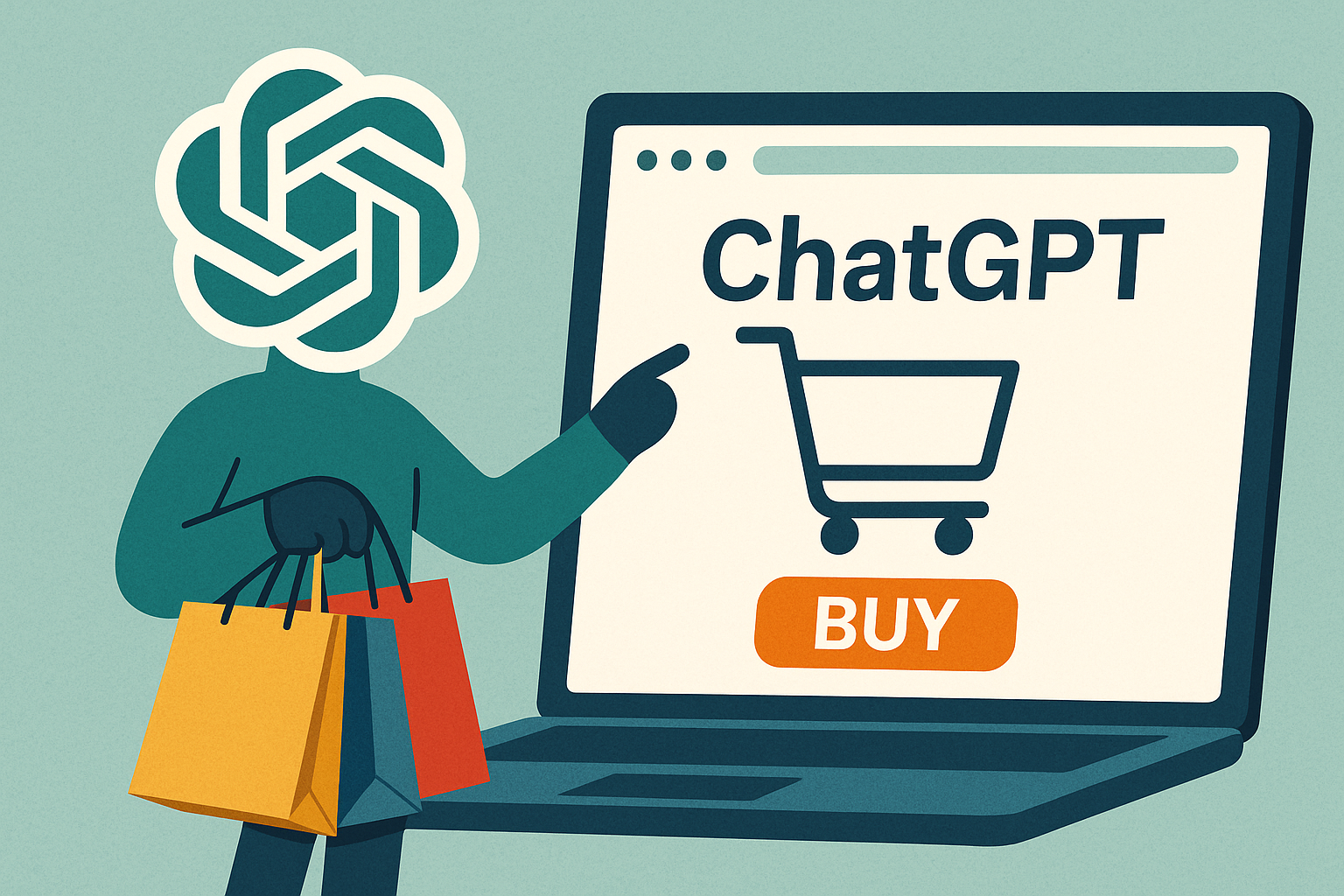OpenAI has introduced a significant upgrade to ChatGPT’s search capabilities, aiming to reshape the way users discover and compare products online. This new functionality brings a personalised, ad-free shopping experience to the forefront, positioning ChatGPT as a powerful tool for ecommerce research.
Personalised Product Discovery, Free from Ads
The update is now available globally to all users, including those on Free, Plus and Pro plans, and even those not logged in. Users can now request tailored product recommendations and receive detailed results across categories such as beauty, electronics, home goods and fashion.
Each result is displayed as a clean product card, complete with images, current pricing, ratings and direct purchase links to retailers. Crucially, OpenAI has confirmed that these listings are not paid placements. There are no advertisements, and OpenAI does not collect commissions from purchases.
A Search Engine Built on Relevance, Not Revenue
According to Adam Fry, ChatGPT’s search product lead, the AI prioritises genuine relevance over commercial incentives. Rather than responding to keyword density or sponsored bids, ChatGPT assesses how people describe and review products across the web. The recommendations reflect real user sentiment, covering both editorial reviews and user-generated feedback.
This marks a shift from the commercial models that dominate existing shopping tools. Unlike platforms that push sponsored listings to the top of results, ChatGPT keeps the focus on what is most helpful to the user.
An Experience Inspired by Familiar Interfaces
Visually, the new shopping interface will feel familiar to users of Google Shopping. Clicking on a product opens a sidebar with more details, including where to buy it and how much it costs across different retailers. However, the technology behind the results operates in a more conversational and context-aware way.
ChatGPT can remember individual preferences, such as budget range, colour choices or preferred brands. If a user has previously asked for sustainable fashion recommendations or compact home appliances, future suggestions will reflect those patterns.
Not a Marketplace, But a Discovery Engine
ChatGPT does not facilitate in-app purchases. Users are redirected to the retailer’s website to complete transactions. This keeps the focus on product discovery and research, rather than payment processing.
While this limits the AI’s role in the final sale, it strengthens its position as a trusted guide during the consideration phase. For users, it means fewer browser tabs and less time comparing options manually. For brands and publishers, it reinforces the importance of having content that is clear, trustworthy and informative.
Implications for Marketers and SEO Strategies
For digital marketers, the implications are significant. If ChatGPT becomes a popular starting point for product research, traditional SEO tactics focused on Google may need to be reconsidered. Success will depend less on algorithmic optimisation and more on high-quality, human-centred content.
The AI looks for balanced perspectives that genuinely help users make informed decisions. Detailed product comparisons, clear pros and cons, and authentic use-case insights are more likely to be surfaced than keyword-stuffed content.
Early Limitations and Cautions
As with any AI-driven tool, there are some limitations. In early demonstrations, ChatGPT occasionally returned questionable results for unreleased or hard-to-find items, suggesting that accuracy still needs refinement in edge cases. These instances underscore the need for users to verify information, especially for high-value or time-sensitive purchases.
Monetisation Still in the Early Stages
At this stage, OpenAI is not monetising the shopping tool. No affiliate links or paid partnerships are in place, although the company has acknowledged it may explore revenue models in the future. For now, the focus is firmly on user trust and recommendation quality.
This long-term approach may help differentiate ChatGPT from commercial search platforms. It also gives OpenAI the flexibility to experiment with different models that support publishers and creators of high-quality content, without compromising user experience.
The Broader Vision for ChatGPT
The shopping update is part of a broader evolution of ChatGPT into a multi-functional platform. New features include enhanced search with autocomplete and citations, as well as WhatsApp integration, allowing users to message or call ChatGPT directly for answers.
These developments suggest OpenAI is aiming to embed ChatGPT deeper into everyday search and discovery behaviours. With over a billion searches conducted in the last week alone, the platform is quickly establishing itself as a credible alternative to legacy search engines.
What Comes Next for Brands?
For senior marketers, the message is clear. As AI continues to shift how consumers search and decide, visibility will depend on relevance, authenticity and value. Instead of chasing algorithm updates, the focus must return to creating content that helps real people make better choices.
In an AI-powered search environment, your product story, your brand values and the clarity of your information are what will set you apart.




RECOMMENDED FOR YOU
OpenAI Begins Testing Ads Inside ChatGPT
For the past two years, marketers have treated ChatGPT…
For the past two years, marketers have treated ChatGPT…
Google Rebuilds Checkout For AI Shopping
Agentic shopping has moved from theory to reality, and…
Agentic shopping has moved from theory to reality, and…
LinkedIn Reveals Jobs On The Rise 2026
LinkedIn has released its latest Jobs on the Rise…
LinkedIn has released its latest Jobs on the Rise…